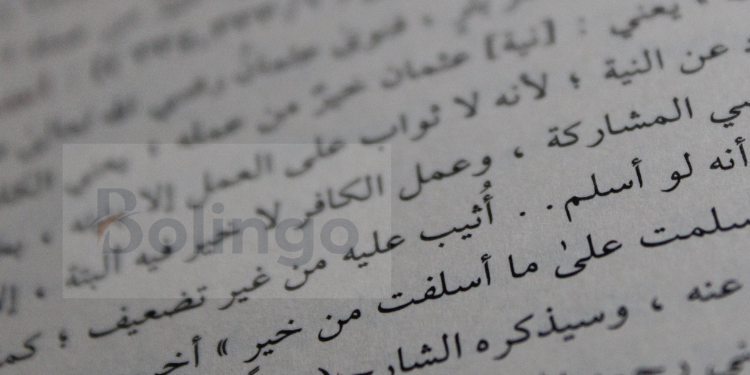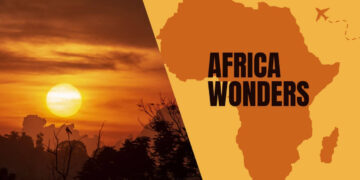Arabic is the official language in 25 independent states (Algeria, Bahrain, Chad, Comoros, Djibouti, Egypt, Eritrea, Iraq, Jordan, Kuwait, Lebanon, Libya, Mauritania, Morocco, Oman, Palestine, Qatar, Saudi Arabia, Somalia, Sudan, Syria, Tanzania, Tunisia, United Arab Emirates and Yemen). With around 353 million people claiming it as their mother tongue and over 400 million speakers overall, Arabic is the 5th most spoken language in the world.
According to Ethnologue’s language glossary, the Arabic language presents a wide number of dialects. Essentially, this means that Arabic qualifies as a macrolanguage. Although linguists are still debating the pertinence of differentiating languages from dialects, a number of factors are often considered to distinguish the two. The general agreement being that dialects are exclusively spoken, whereas languages also include a written form. Two written systems are established: Classical Arabic (the most formal, literary version) and Modern Standard Arabic (MSA).
In the countries where Arabic is an official language, MSA is taught in schools and used in formal settings, administrative affairs, etc. While Arabic speakers are taught Modern Standard Arabic in school, they also speak a colloquial version of the language which acts as a vehicular or habitual language. This makes Arabic the greatest supplier of instances of diglossia. This means that Arabic linguistic areas are shared spaces where MSA is used alongside a dialect. In such spheres, language acquisition occurs simultaneously in both variations.
In addition to time-related changes that take place in languages, the development of dialects is linked to cultural, geographical, societal or even political factors. For example, the Arabic dialect spoken in Morocco, known as Darija, is incomprehensible to speakers of the Hassaniya variant of Arabic spoken in Mauritania. Even though the two countries have a border in common and both dialects derive from the same language, Darija has evolved with influences from the French and Spanish protectorates in Morocco over the 20th century as well as elements brought about by nomadic Berber tribes indigenous to Northern Africa. Hassaniya, on the other hand, borrows from the French, Spanish and other vehicular languages of the region such as Fula, Soninke, and Wolof.
For the most part, the majority of Arabic dialects in the Middle East are mutually intelligible. However, from one region to another it becomes harder for speakers of different Arabic varieties to understand each other. When the language barrier is at its strongest between speakers of the 20-odd dialects that stem from Arabic, MSA is the lingua franca used to communicate.
As far as linguistic similarity goes, Egyptian Arabic is the closest dialect to MSA in terms of grammar, syntax and pronunciation. It has over 60 million speakers in Egypt and beyond. Arguably, Egyptian Arabic is the most favorable entry point for learners.
For further material on the matter, an interesting case of diglossia in the Arabic language is studied in Bolingo’s Localization Guide for Egypt, which focuses on the specificities of the localization business in the gaming industry.









